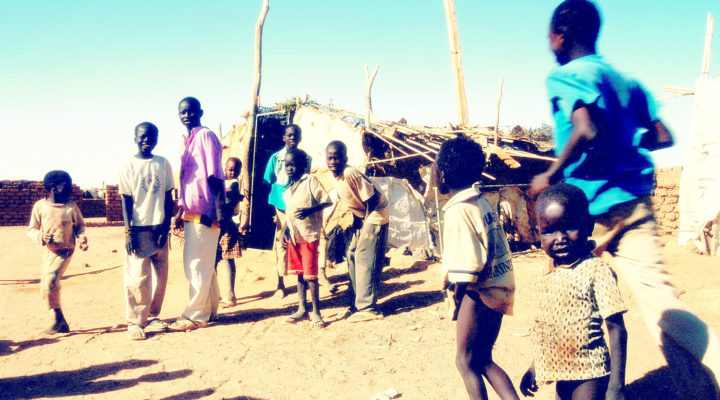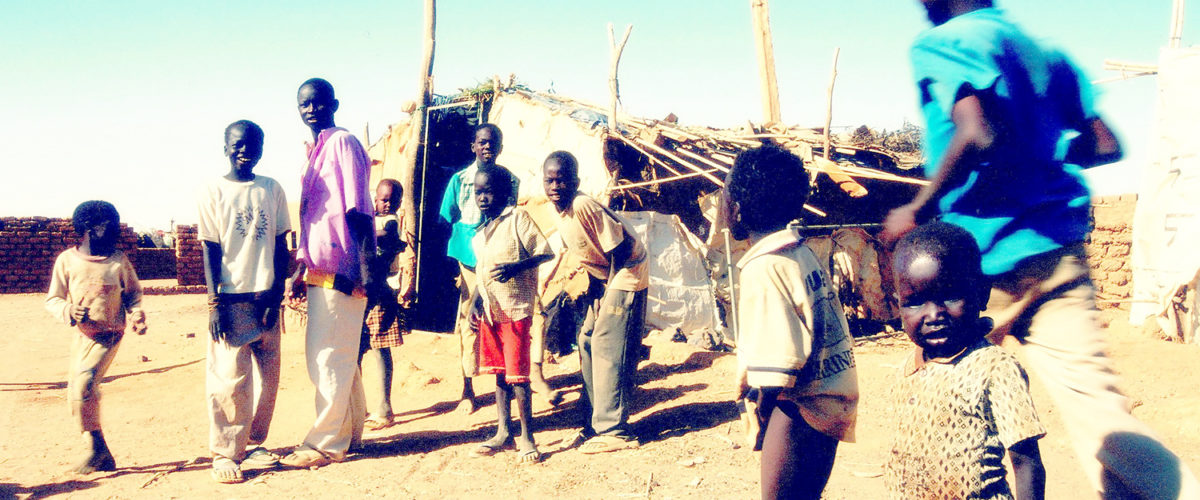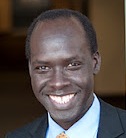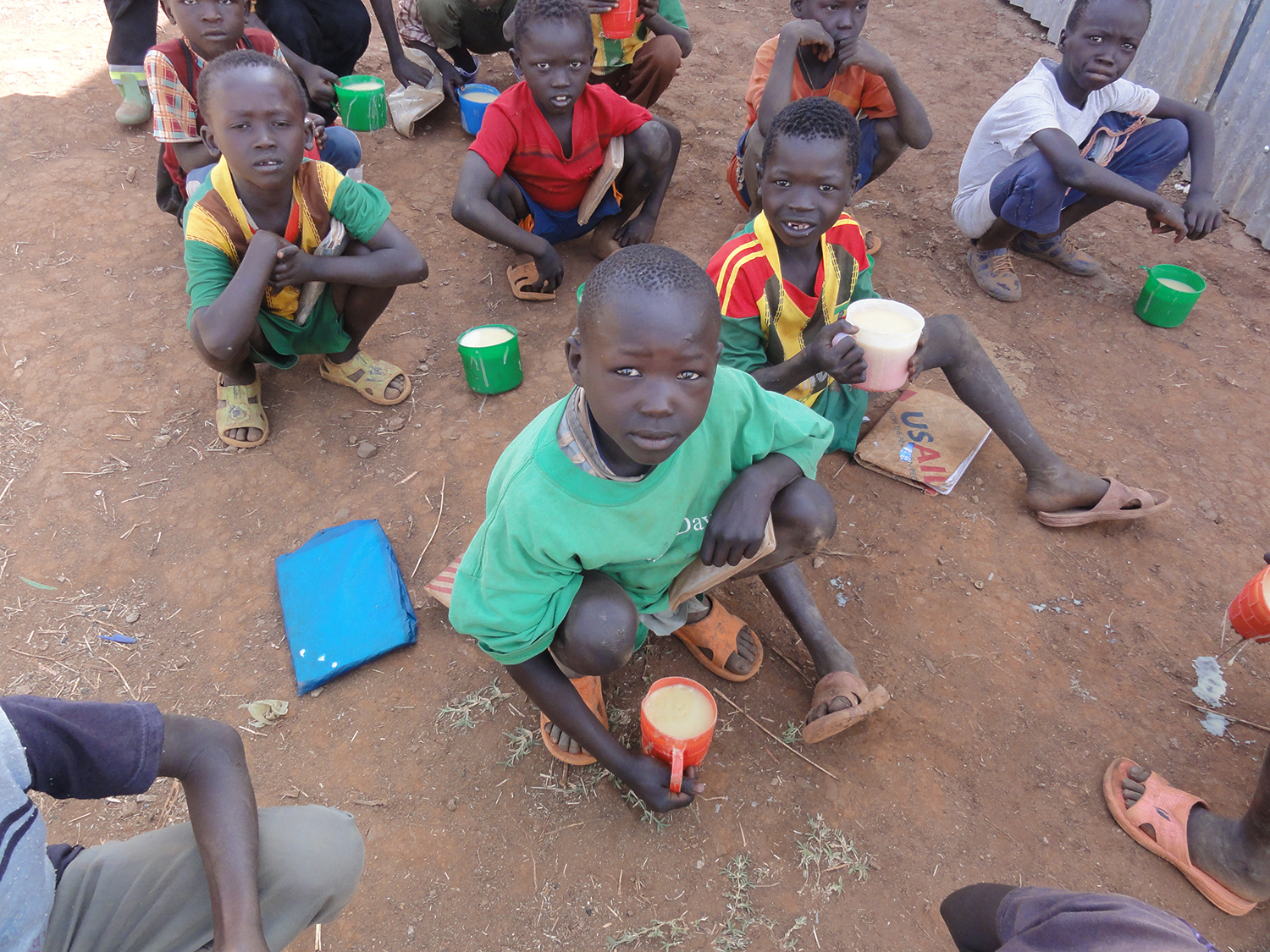A rough election is turning into a rough Christmas for some.
But the holiday blues will come screeching to a halt after a conversation with Abraham Deng.
Deng, 35, was one of thousands of “Lost Boys of Sudan” who, as children, spent months being chased through African jungles by soldiers, lions, hyenas and hunger. Untold numbers of them died of starvation, gunshot or by being eaten alive.
“We lost a lot of kids along the way,” said Deng, who was 6 when those ordeals began.
And Deng said he was haunted by nightmares for years after being one of about 4,000 Lost Boys to be granted refugee status in the U.S. in the 1990s.
“I used to dream I was being chased by lions and by our enemies,” he said.
Those dreams, he said, have been replaced by plans for service.
During his time in the states he has earned a master’s in Christian ministry from Mercer University’s McAfee School of Theology, and a master’s in public health from Mercer. Currently he’s working on a doctorate in public health at Georgia Southern University.
“My goal is to go back to south Sudan to combine ministry and public health,” he said. “I want to teach pastors and leaders. That’s my dream.”
The key to overcoming difficult — even horrific — circumstances, Deng said, requires a trust in God and a commitment to action that is focused on others.
“South Sudan has tremendous needs, but it doesn’t have people who are well trained” in public health, he said. “I want to help my people to develop programs geared toward helping communities” fight disease and build up the church, he said.
That attitude, however, didn’t come easily or quickly for Deng.
He was tending herds in 1987 when military forces with the Islamic government attacked his village. He and other children ran for safety in nearby jungles. For three months they made their way toward refugee camps in neighboring nations.
Along the way, older children looked out for younger children.
“In the jungle we all took care of one another. If you had food, you would give it to someone younger than you.”
Deng said he saw God’s love in those selfless acts of giving. But when a lion dragged a child away at night, or if a girl or boy were eaten by a crocodile while crossing a river, he wasn’t so sure.
“I had mixed feelings about God himself,” he said.
That began to change in refugee camps where he encountered scripture and missionaries who helped him process his experiences.
It was in those seemingly hopeless places where Deng said his service-in-tragedy approach to life and faith began to emerge.
“I saw that complaining all the time about the things I didn’t have or about losing the life I had before wasn’t going to do me any good,” he said. “I started to feel there is something I need to do to return to God.”
The action he could take at the time was parent younger refugees — even when he was only 10 years old. Today, it means returning eventually to Sudan.
It’s a prescription that others can adopt, but it takes trust even when life is ugly, Deng said.
“We need to pray all the time” he said. “Being a Christian is about all about praying together and relying on God to provide the direction and the wisdom.”





